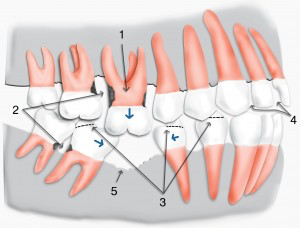
Why Replace a Missing Tooth:
A full set of healthy teeth is crucial for oral well-being and overall health. Even a single missing tooth can be cause for concern. Here is what happens when a single firs molar is removed:
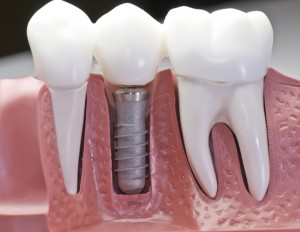
Dental Implants
Dental Implants are artificial roots placed into the gum and bone tissue where your tooth once sat. Crowns, bridges, partials, and full dentures can be cemented or snapped onto implants. Titanium implants are made of the same material as artificial hips and knees, and are very well-tolerated by the body.
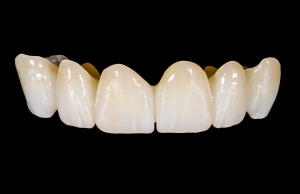
Fixed Bridges work by placing a crown (cap) on the teeth in back & in front of your missing tooth. These adjacent teeth serve as anchors for your replacement teeth. Your new teeth are locked to the crowns, so when the crowns are cemented, the replacement teeth are cemented with them & stay in place with the crowns.
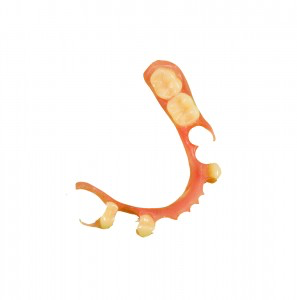
Removable Partial Dentures:
Traditionally, a Removable Partial Denture was a plastic appliance held in place by metal clasps or hooks. More recently, many ways to hide these clasps & hooks have been developed, including clear or white clasps, flexible plastics with gum-colored clasps, and hidden snaps that connect to roots, crowns or dental implants.

Root Canals:
Inside every tooth is hollow canal that is filled with the same kind of tissue that is in your arm or any other part of your body. If you get a cut in your arm, bacteria can enter and produce an infection. Likewise, if bacteria get into the tissue inside your tooth (usually from a deep cavity or broken area) that tissue inside will also get infected.
Why Do Teeth Abscess? Infections in teeth often spread into your jawbone and general system. That is what we call them an abscess. Classic signs and symptoms include pain and swelling, but extensive infections often occur without symptoms; before suddenly erupting into a severe problem.
How is Root Canal done? Once you clean infection out of your tooth, the infection that spilled into your jaw and body system will normally heal. To clean out the root canal infection, dentists use tiny pipe cleaner-like instruments and antibacterial solutions until they are completely clean, and sealed.
Do Root Canals hurt? Unlike years ago, modern techniques make root canal fast, easy, very successful and virtually pain-free. Millions of teeth have been saved with root canals all over the world.
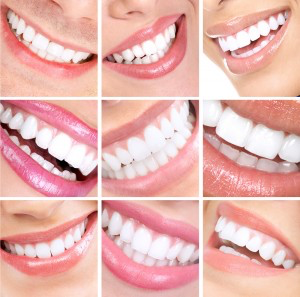
Cosmetic Dentistry:
Modern cosmetic dentistry offers a variety of treatment to improve the looks, feel, and function of teeth. If you’d like to transform the appearance of your smile or restore a damaged tooth, the doctor will explain your options and help you decide the best one for your unique needs.
Cosmetic Bonding: Dental resin tinted to match natural tooth color can be applied to one or more teeth in order to eliminate chips, close small gaps, and give teeth a more aesthetically appealing appearance. The resin bonds with natural structure and is polished to look and feel like your own enamel. Bonding offers a cost-effective alternative to porcelain veneers, but it doesn’t last as long. It’s a good option to improve the appearance of the teeth that show when you smile.
Veneers: Made from dental porcelain that reflect light like natural tooth enamel, veneers cover teeth to alter shape, size, and/or color. Custom veneers are designed by a dentist and handcrafted in a lab. They’re permanently bonded to teeth that have been altered slightly be smoothing away some natural enamel. Minimal-prep veneers require little or no alteration of tooth enamel and can be removed by the dentist to reveal your natural smile.
Crowns: A dental crown is a covering in the shape of a natural tooth. It restores the form and function of a tooth damaged by fracture, severe decay, or wear. Crowns can be made from porcelain, porcelain fused to metal, or metal. The location of your crown and the chewing forces it will endure dictate the type of material used. A crown delivers durable, long-lasting protection to preserve a damaged tooth.

Toothaches:
Tooth pain can range from mild sensitivity to a severe ache that impacts the jaw and face. Because nerve fibers in your teeth work differently than nerves in the rest of the body, determining the source of tooth pain can be difficult. Nerve fibers that connect to the teeth send pain signals to the brain, but they don’t specify the location. For example, a damaged molar may cause the entire jaw to ache, making it difficult to pinpoint the source of discomfort.
Common causes of tooth pain include:
Sometimes, more serious health conditions such as heart disease, oral cancer, or nerve disorders can elicit pain in the teeth or jaw. For this reason, it’s important to consult a dentist right away if you experience discomfort. Your doctor will perform a thorough examination to identify and remedy your tooth or mouth pain.
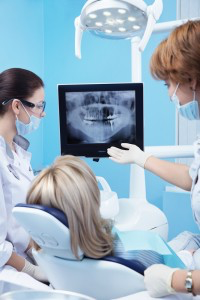
Dental Checkups:
Regular dental checkups are the first line of defense against damaging oral disease and decay. You’ve likely heard of the proven link between dental disease and overall well-being, and you understand the benefit of taking proactive steps to preserve the health of your mouth and your body. A dental checkup is a crucial step on the path to lifelong oral wellness. As in all facets of your health, prevention is key. Most doctors recommend dental checkups every six months to monitor oral health and keep track of what’s going on with your smile. Some patients need more frequent checkups. Your doctor will let you know the right regimen for you. At your dental checkup, the doctor will assess your teeth, gums, and jaw to identify and treat problems in the early stage and prevent irreparable dental damage. A comprehensive dental assessment may include:
X-rays may be taken, as well. Some doctors use a small intra-oral camera to take pictures inside your mouth. These pictures aid in the diagnosis of dental disease and let you become a proactive partner in your treatment. Your doctor may also employ magnification and trans-illumination to examine teeth for tiny fractures and small areas of decay not visible on X-rays. Following your exam, it’s important to follow your doctor’s recommendations to maintain or improve your oral health. A strong smile free from disease and decay is a critical component affecting whole-body health. Dental checkups give you a head start on a lifetime of healthy smiles.

Prevent Gum Disease:
Evidence continues to grow illustrating the link between oral and overall health. Numerous studies show that the bacteria that cause gum disease can gain entry to the body and spread throughout, damaging internal systems and contributing to a lessened quality of life. The American Academy of Periodontology (AAP) indicates that approximately 3 out 4 people have some form of gum disease.
Steps to Combat Gum Disease: Early-stage gum disease (gingivitis) can be eliminated with a deep dental cleaning and effective brushing and flossing at home. Advanced cases of gum disease are often treated with topical antibiotic therapy. Severe cases of gum disease may require the services of a specialist called a periodontist. Here are a few things you can do to lessen your risk of gum disease:

Sleep Apnea & Snoring:
An estimated 80 million people in North America snore. Many snorers are unaware of the noise they make until they’re informed by someone else! Snoring is an annoying sound made when air forces its way through blocked passageways. Snoring itself isn’t a dangerous condition, but the sleep apnea with which it’s often associated can pose serious health risks, including heart attack, stroke, and high blood pressure. First of all, what is sleep apnea? Sleep apnea is a condition in which breathing repeatedly halts for periods of 10 seconds or longer throughout the night. The causes include obesity, soft tissues at the back of the throat that relax and collapse in on each other, the tongue falling back to block the throat, or a genetic propensity. When the brain senses a lack of oxygen, it alerts the body to wake up and breathe. Sleep apnea sufferers may fully awaken or enter a lighter sleep stage several times a night. I snore. Do I have sleep apnea?The two conditions are often related. In fact, 12 to 20 million Americans suffer some degree of sleep apnea, and many of these people snore, as well. Answer the following questions to assess if you may suffer from sleep apnea:
A dentist can perform a comprehensive examination to evaluate your symptoms and may refer you to a sleep medicine doctor for a confirmed sleep apnea diagnosis. Following a confirmed diagnosis, your dentist may recommend a customized night-guard to eliminate your apnea episodes and associated snoring.
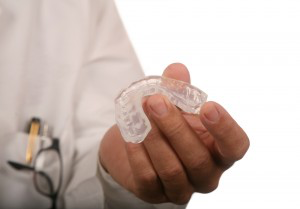
Night Guards:
A night guard is a small, plastic, oral appliance, similar to an athletic mouthguard, that’s designed specifically for your mouth. It fits comfortably over teeth and holds the jaw slightly forward to keep airways open and eliminate sleep apnea and its noisy counterpart, snoring.
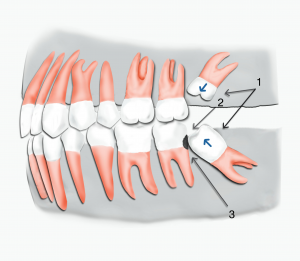
Wisdom Teeth:
The name “wisdom teeth” likely originated from the fact that these large third molars typically erupt between the ages of 17 and 25, a “wiser” stage of life beyond childhood. The majority of people have between one and four wisdom teeth. Problems Caused by Wisdom Teeth As wisdom teeth journey through gum and bone on their way to eruption, they can become stuck, or impacted in bone tissue (called a bony impaction) or gum tissue (called a soft-tissue impaction). Impaction can cause pain, pressure, and swelling. Cysts may form at the site of impaction and further disrupt oral function, comfort, and health. When wisdom teeth do emerge through gum tissue, they may crowd or cause damage to other teeth. Our jaws typically don’t have space for these large third molars, so existing teeth bear the brunt by being forced out of position. Dental crowding increases the risk of tooth decay and gum disease. It’s not esthetically pleasing, either. Wisdom Teeth Extraction Early treatment is key to prevent damage and pain. Even if you’re not experiencing any outward symptoms of wisdom teeth eruption or impaction, it’s important to undergo a wisdom tooth assessment. X-rays can help the dentist identify the location of wisdom teeth and recommend the wisest course of action. Removal of wisdom teeth will eliminate problems with eruption or impaction to keep your smile healthy, comfortable, and functioning properly.
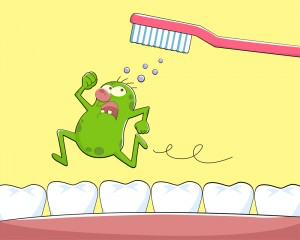
Bad Breath:
Chronic bad breath, or halitosis, is a common condition that affects an estimated 90 million people.
The causes of bad breath include:
Over-the-counter mints, gum, and mouthwash can mask, but not eliminate, the odor. But bad breath is treatable. At your dental checkup or exam, the doctor will perform a comprehensive evaluation to determine the cause of your mouth odor. Often, regular dental cleanings by a hygienist and effective brushing and flossing at home will cure bad breath. The doctor may recommend cleaning your tongue with a specially designed scraper to effectively remove odor-causing bacteria. If your bad breath is caused by gum disease, gentle, non-invasive treatments are available to renew periodontal health and reduce mouth odor. Eliminating bad breath can dramatically increase your self-esteem and may improve your social and professional relationships. You’ll speak and laugh with confidence, knowing that your breath is fresh and your mouth is healthy.
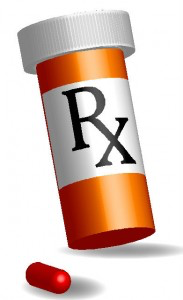
Sedation:
If you dread seeing the dentist, you’re not alone. The Academy of General Dentistry reports that dental anxiety keeps 25 million Americans from visiting the dentist. For dental phobic patients, sedation dentistry offers a safe, effective solution to alleviate fear and make dental visits comfortable and peaceful.
Sedation dentistry may be a good choice if you:
The doctor may recommend nitrous oxide (laughing gas), oral sedation, or IV sedation to replace your anxiety with a soothing sense of calm. Sedation dentistry seems to make time fly, and you won’t remember treatment details following your procedures. The effects of sedation diminish gradually to let you return to your normal routine in a timely manner.

Dental Emergencies:
There are many ways you can prevent a dental emergency. The American Dental Association (ADA) provides excellent precautionary guidelines to avoid dental discomfort and trauma. For example:
Additionally, be aware of tooth or mouth pain and seek treatment before significant damage or an acute injury occurs. Remember, pain is a signal from your body, warning you that something’s wrong. Even if oral discomfort subsides for a while, it doesn’t mean that the underlying problem has disappeared. Common causes of tooth pain include:
Sometimes, though, even your best efforts can be hampered by an unexpected problem or injury. If this happens, call your dentist right away. The doctor will assess your condition and provide care to relieve your situation.
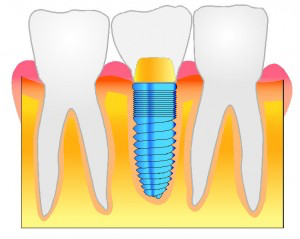
Dental Implants:
Dental implants are widely accepted as the optimal option to replace missing teeth. Here are some reasons why you should consider replacing a single missing tooth or an entire mouthful of teeth with dental implants.
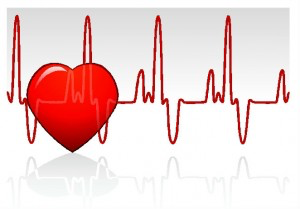
Gum Disease & Your Heart:
Numerous studies report a link between gum disease and heart health, proving that maintaining a health smile is a crucial first step to maintaining a healthy body. Ways Gum Disease Impacts the Heart
To keep your smile and your heart healthy and strong, brush twice a day or as directed the dentist, floss daily, and attend regular dental checkups and cleanings. Always tell your dentist about any changes in your medical history and whether you have a known heart condition.
 What Should I Ask My Dentist?
What Should I Ask My Dentist?

Dental Specialties
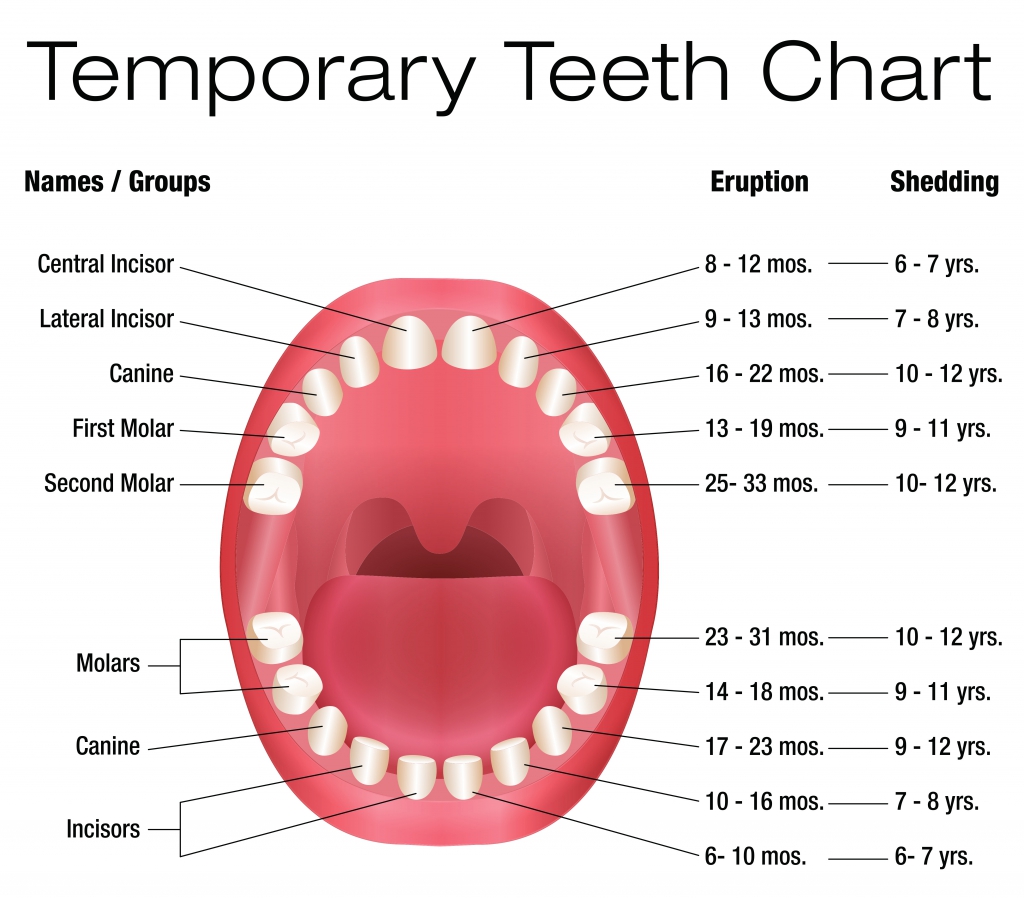
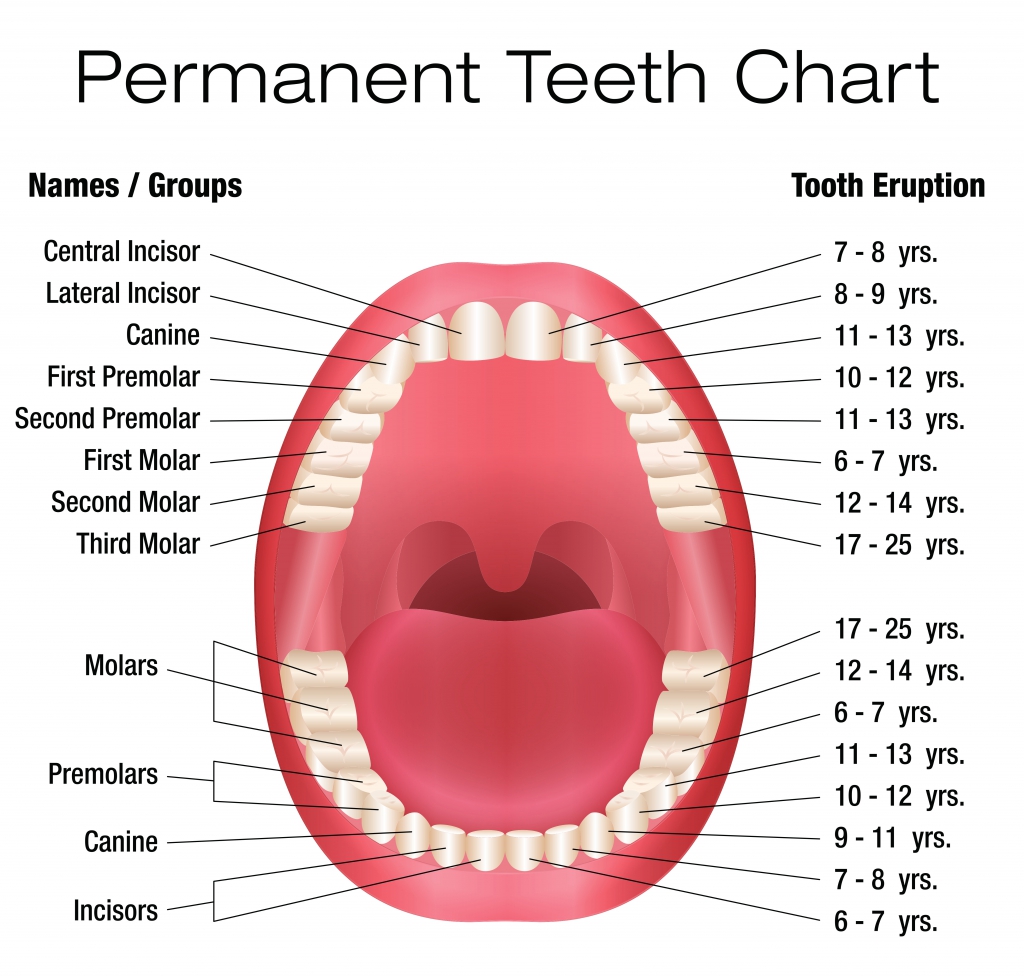
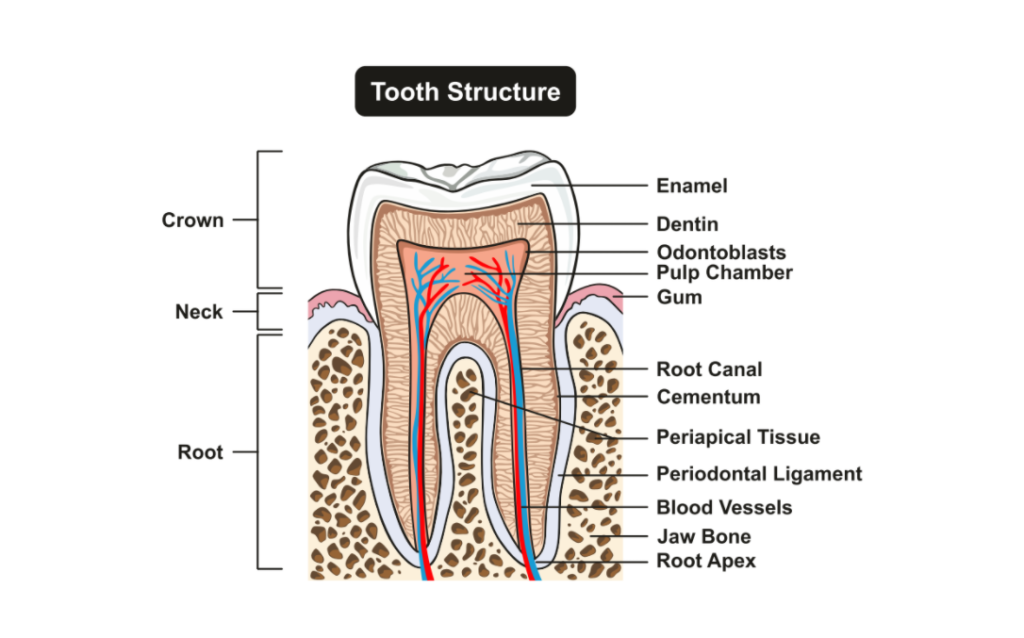
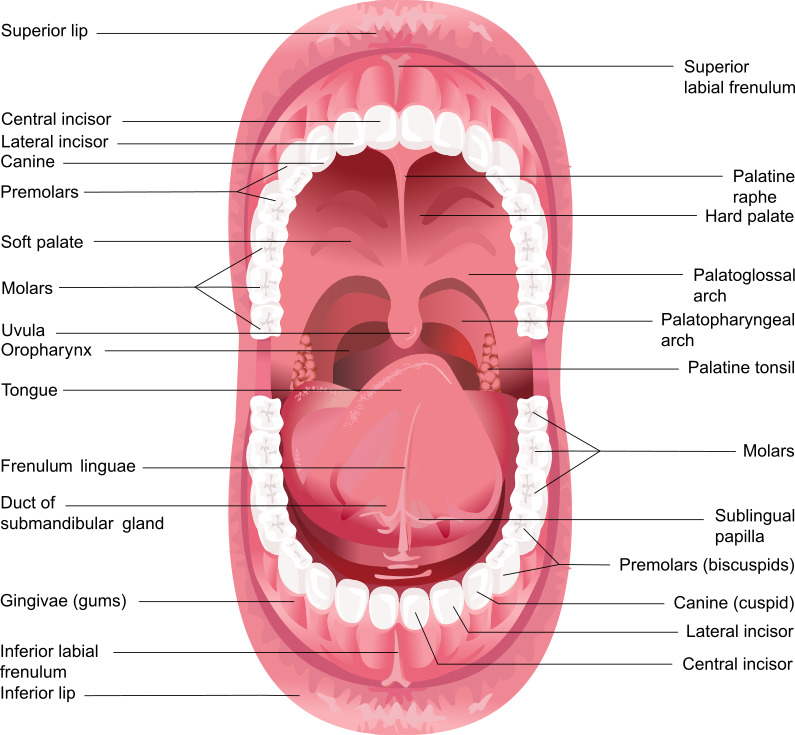
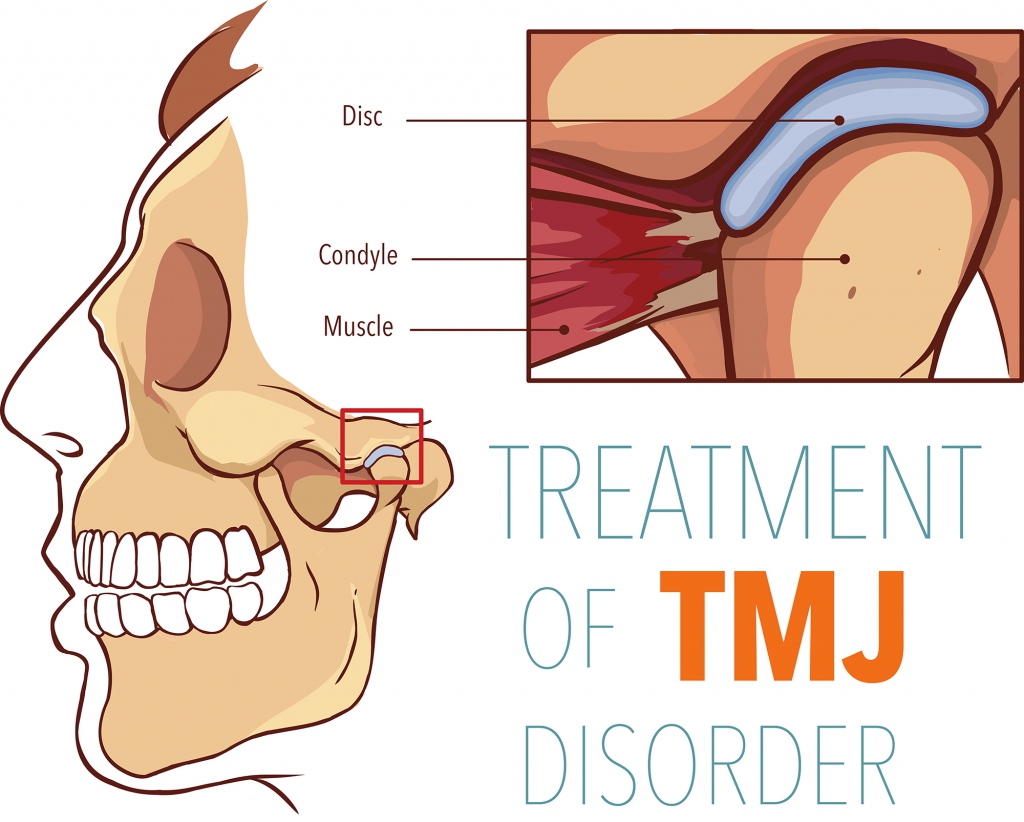
The National Consumer Advisory Board, “America’s Best Dentists”, www.TodaysBestDentists.com, www.americasbestdentists.com or any other website URL’s and any associated businesses are Directory/Online listings are not referral services. These directories/registries/online listings and/or any of their information may not be downloaded, republished, resold or duplicated, in whole or in part, for commercial or any other purposes, or for purposes of compiling mailing lists or any other lists of dentists.
Information obtained by our organization and shown on our website is supplied by each individual dentist, staff member or other representatives for each dentist. We rely on each dental professional or their representative to provide full and truthful information about their backgrounds, experience, training, clinical procedures, level of competence for all care provided, awards, memberships, continuing education, including any and all information shown in their profile, or displayed on any and all products they may purchase from us. We also rely on each dentist to provide accurate and full information regarding the honesty, integrity and lawfulness of all clinical and business practices.
Although we make efforts to keep the information contained on our website, directory, plaques and other products accurate, the information is not guaranteed, and no responsibility is assumed for errors or omissions. We do not warrant the accuracy, completeness, timeliness or fitness of the information contained within, nor do we endorse the individuals described in the directory or the services they may provide.
Each dentist alone assumes all risks associated with any data, images and all information displayed, and consumer decisions made from any information in any area of our websites, and/or our award plaques and/or Patient/Consumer information section; including any reliance on its accuracy, completeness or usefulness. By viewing or directory, you agree to indemnify and defend America’s Best Dentists, National Consumer Advisory Board. www.AmericasBestDentists.com and www.TodaysBestDentists.com and any associated entities from any claims made or actions brought by consumers, patients or others relating to the information.
Dentists are fully responsible and assume all liability as to the accuracy, truthfulness, honesty and completeness of all reviews, ratings and testimonials added to their profile on this website. Dentists or their representatives who post reviews are solely responsible to obtain any trademark and ownership permission from companies, organizations and websites that have posted reviews used, and from any and all individuals that wrote &/or submitted them. “Americas Best Dentists” and its associated organizations do not warrantee the accuracy or truthfulness of ratings and reviews, nor assume any liability for any damages, problems, trademark issues or any other liabilities as a result of dentists or their representatives adding such postings to their profiles.
Each dentist’s license status, disciplinary actions, notations such as “Verified” or a “checkmark”, degrees, retirement, medical issues, memberships and any and all other information shown on our website can change over time. We do not re-check information supplied by Dentists or their representatives, nor do we review information in our patient education or other sections of our website. As such, information may become outdated, incomplete or incorrect. Viewers accept that “Americas Best Dentists” and its associated organizations cannot and do not warrantee the accuracy of any information or notations, nor assume any liability or damages as a result of incorrect or outdated information.
In no event shall “America’s Best Dentists”, www.TodaysBestDentists.com or the National Consumer Advisory Board and associated businesses be liable to you or anyone for any decision made or action taken in reliance on any information on our website. Any damages for any reason shall be limited to the amount paid to access this website and its directory and information pages, if any.
“America’s Best Dentists”, www.TodaysBestDentists.com, AmericasBestDentists.com and the National Consumer Advisory Board and associated businesses are not able to verify whether Dentists described in the Directory as a “specialist”, limits his or her practice to that specialty. Therefore, Dentists identified through a search under a specialty do not necessarily meet state, federal or any Association’s Standards for Announcement of Specialization and Limitation of Practice.
Dentists are listed by state; in the order they were chosen. Dentists are selected and listed in our online register at no charge. Dentists with preferred extended listings have written for us, helped with health information or provided extra funds to help maintain our site.
Dentists may apply directly without a nomination, as we check all credentials as part of our selection process. To apply directly please click here.
We also strongly encourage nominations of Excellent Dentists deserving of recognition; from healthcare providers & from patients who have received outstanding care. To recommend a dentist please submit the form below:


To add or edit your information, click "Profile" under the "Dentists Enter Here" tab at any time; or Click Here to edit now.